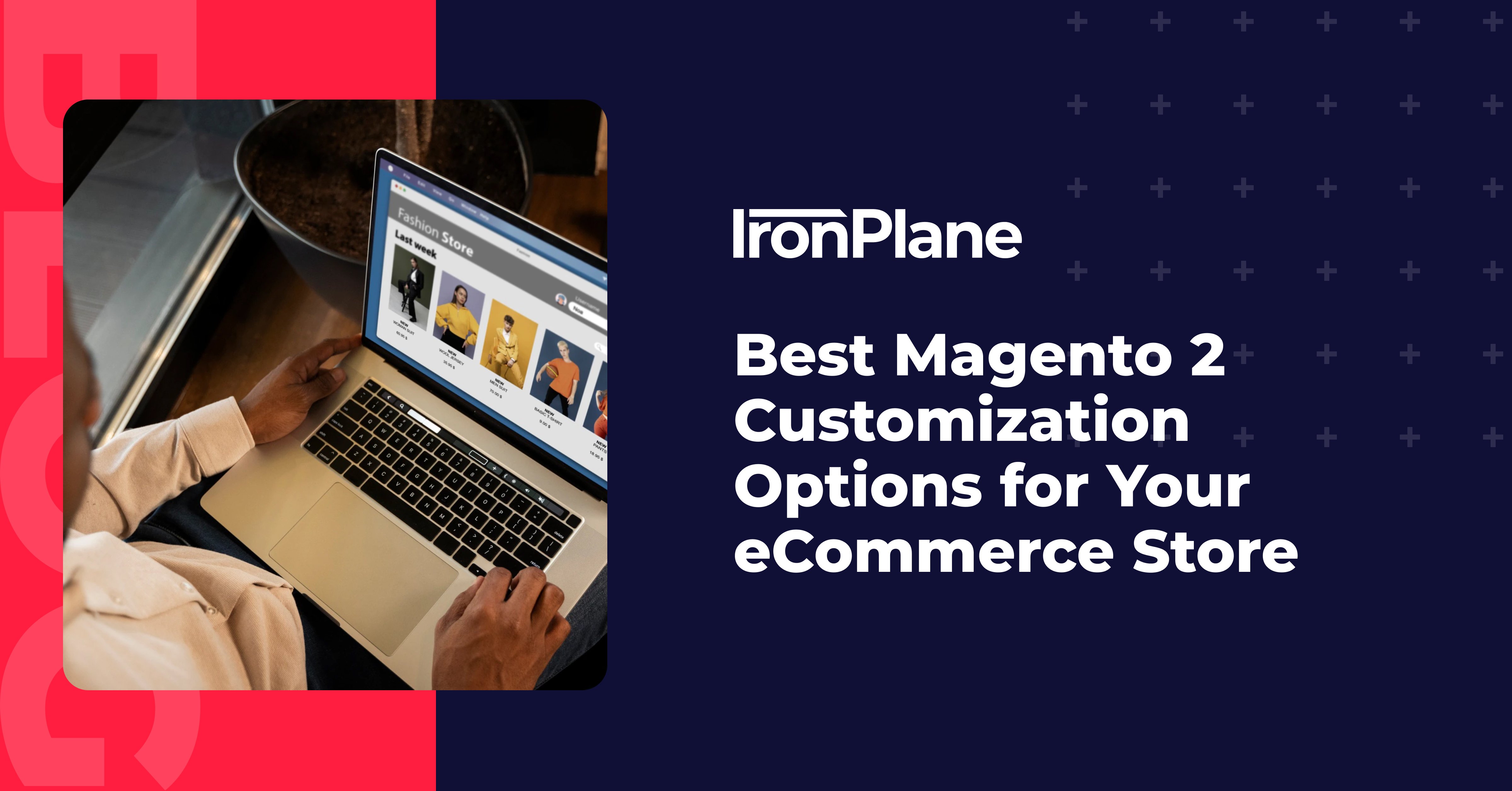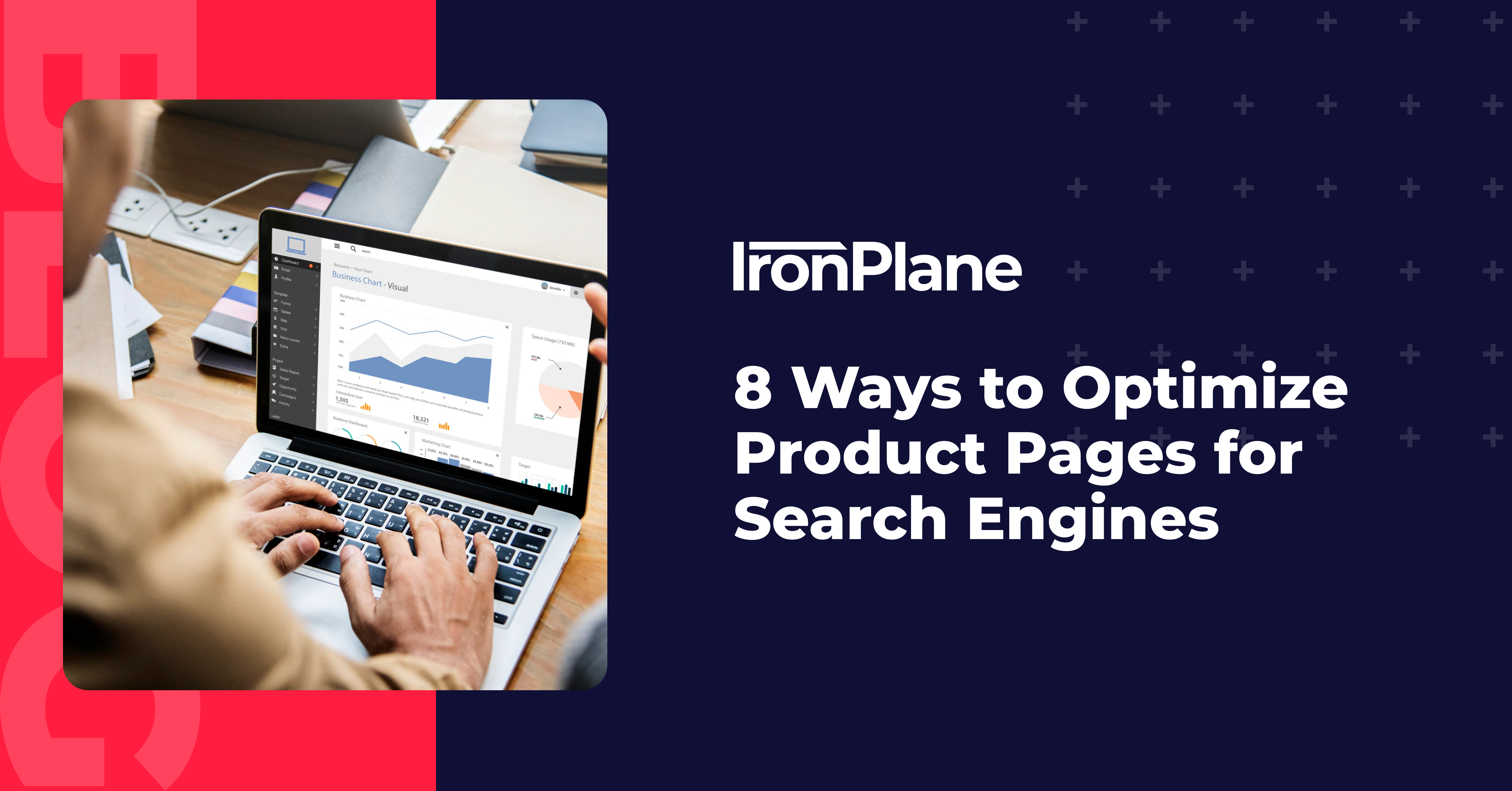B2B Social Media: Why You Need Social Media for B2B
Why You Need Social Media for B2B? Well, the answer is really simple: You want to be on the top of mind of your costumers.

You may think of eCommerce as a faceless, impersonal, transaction-driven environment where the traditional rules of consumer interaction don’t matter. However, you would be wrong. Unless you are proactively addressing your online reputation, you could be losing business. Today, everyone can be a critic online. This point is especially true in B2B marketing. Your decisions can affect another business’ bottom line.
With many social media sites and online platforms for people to access, many spaces exist where your company can get feedback. Hopefully, this feedback will be positive, but it could also be negative. In today’s eCommerce marketplace, it is essential that you acknowledge the positive comments and address the negative ones so you can effectively manage your online reputation.
Remember that when you are dealing with purchasing agents at another business, they are not making an emotional, impulsive buy like you would expect from a B2C consumer. Management in charge of purchasing decisions makes logical selections after doing extensive research. According to Oracle, 92% of B2B customers begin by doing extensive online research, which can certainly include social media.
When people are researching your company online, what would you like them to find? Do you want them making a decision based on a few critical reviews? Or would you rather be proactive and address issues firsthand, engaging potential customers with a member of your sales staff before final decisions are made? You have the power to direct consumers to a favorable purchasing decision, but only if you are proactive with your reputation management.

Reputation management is simply providing an excellent consumer experience from the outset. Consumers want to see a plethora of educational, informative content that engages them on your site. B2B customers also want pricing options that are tailored to their needs, such as in-depth inventory and product information, as well as a host of payment options.
Having the appropriate platform for B2B transactions can go a long way toward creating a positive experience. This type of experience will manifest itself later in positive feedback for your team and online reviews that build brand loyalty and reputation.
However, providing a good service is not the only proactive step you need to take as a B2B online business. You can take other steps that fall under the purview of customer engagement. For example, your blog is an excellent way to personalize your company and respond to consumer feedback. Think of your blog as not only an SEO tool but also as your company voice to speak directly to your consumer base.
Social media is also vital to your online presence and informing people about the consumer experience. Facebook and Twitter aren’t simply platforms for one-way communication and posting company news. Rather, they are two-way communication modalities. They enable you to receive direct feedback from potential customers and respond to that feedback in a timely fashion.
You want people to post about their experiences and about your product quality online. The conversation may not be tactful at all times, but that element is the nature of online communication today. You want to receive authentic reviews online. User reviews are one of the prime influencers of purchasing decisions. Avoid posting fake reviews, as they can create extensive damage to your reputation.
Software programs can track mentions of your business through various sites and platforms. Using this technology can be an effective way of gaining a holistic picture of the “buzz” around your brand.
It’s also acceptable for your business to be involved in online communities that are related to your products or services. For example, if you sell construction materials, it would be appropriate for you to engage potential customers in other forums where those products are discussed or in forums for general contractors. The more your business is online, the more engagement is taking place. This activity can boost your reputation as customers will see that you care about the business.
Once you have devoted time to creating a positive consumer experience, and you are actively engaging your customer base through various social media and online initiatives, it’s time to address the feedback you are receiving through your online reviews.
Your main goal is to deal with complaints in a positive, efficient, and effective way. By doing so, you can potentially turn a disgruntled customer into an advocate for your business. Many businesses have the notion that “there is no such thing as bad publicity.” However, nothing could be further from the truth. Negative publicity needs to be addressed in a timely and professional manner. Also keep in mind that silence means no one is discussing your company, which can be as detrimental as bad publicity for your online reputation.
It’s important for your company to have an employee dedicated to ORM (online reputation management). When addressing complaints, you need to keep several points in mind:
To take online reputation management seriously, you should consider consulting with marketing experts who can assist in crafting a proactive ORM strategy. IronPlane has extensive experience in not only assisting with ORM but also using the feedback from customers as de facto market research that can help refine products and services to make your business better. Talk to IronPlane today and learn about ways to protect your B2B online reputation.

Why You Need Social Media for B2B? Well, the answer is really simple: You want to be on the top of mind of your costumers.

Magento 2 is one of the most flexible eCommerce platforms you can choose for your online store. What makes it really shine is how much you can change it to fit exactly what your business needs.

Making your online store easy to find is really important for selling things on the internet. One of the best ways to do this is by making your product pages.